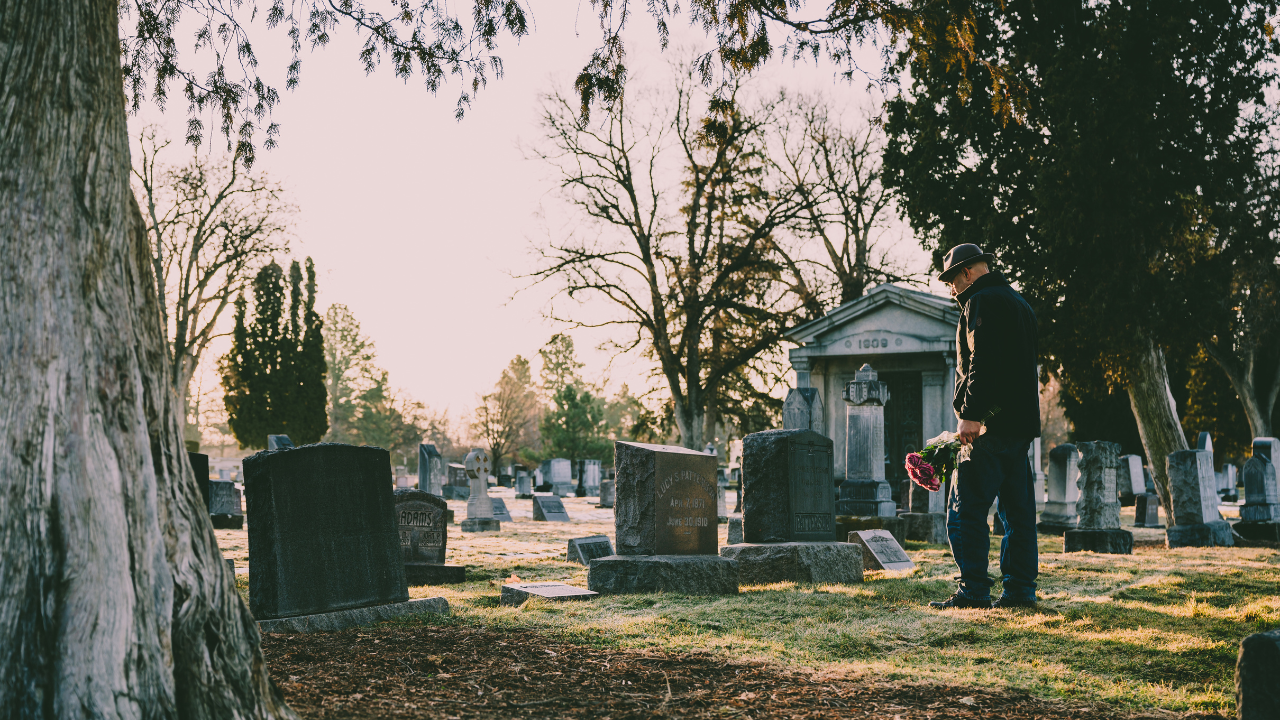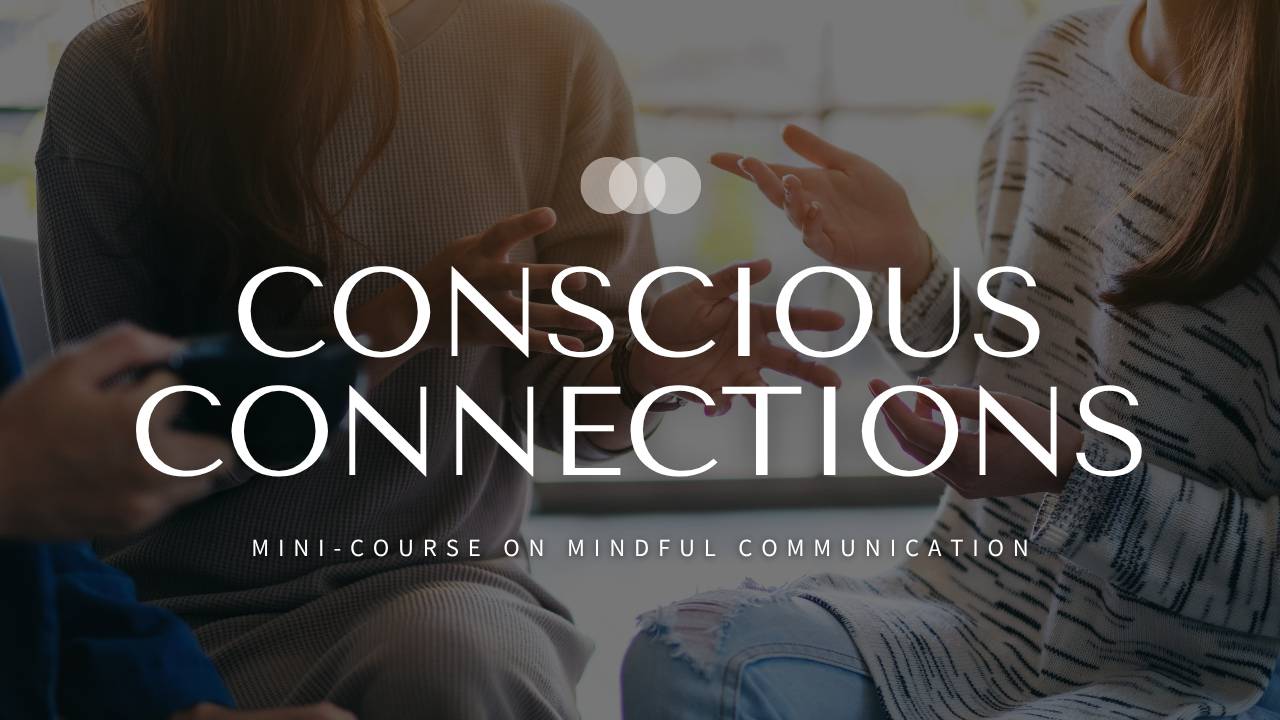Does Thinking About Death Make Us Happier?

I think about death multiple times a day, every day. When I wake up in the morning and stretch, I think about death. When I leave my house to go to the office, I think of death. When my spouse and I get into an argument, I think about death. When I walk my dog, I think about death. When I go to sleep at night, I think about death.
Now before you start judging me or making up stories in your head as to why I think about death so much, I want you to know it wasn’t always this way. Before I started practicing mindfulness regularly, I would think about death only as it showed up in my life. I, like many people, assumed I had so many years left to live. I’m young, I have my “whole life ahead of me.”
Then a few things happened that really penetrated by soul:
- I watched a friend become a widow before the age of 30, as she buried her husband because of an absolute freak accident.
- Another friend who went to bed one night with her husband, only to find him dead in the morning. The autopsy revealed he had a heart condition he didn’t know about.
- I watched another friend bury their child who was diagnosed with a terminal illness at 4 years old.
- Another buried her brother and father in the same year, her dad’s death happening on her birthday.
- And lastly, a family member who was murdered as he got in his car after leaving the gym. Wrong time, wrong place.
While these losses were not mine directly, I did have a front seat to the despair and grief. Each incident reminding me of not only of my own mortality, but the mortality of those I love. I think what gutted me the most about these loses were that these people were just going about their lives. Hanging out with friends, going to bed, going to the gym. And then in an instant their life was over.
Ric Elias was a passenger on US airways flight 1549, taking off from LaGuardia Airport in New York City. About 2 minutes into the flight a flock of geese hit the aircraft, damaging the engines so severely, the pilots were unable to restart them. In his TED talk, Ric talks about how eerie it was to hear the captain say, “brace for impact,” on a plane with no sound. Records reveal it took the plane about three and a half minutes to land in the Hudson river. Three and a half minutes of silence, as you await your death. What do you think would be going through your mind in those three and a half minutes?
Ric shared one thought I found very profound, it changed the way I think about the interactions I have everyday. He stated, “Wow, dying is not scary. It’s almost like we’ve been preparing for it our whole lives. But it was very sad… I regretted the time I wasted on things that did not matter, with people who matter.”How much time have you wasted on things that don’t matter with people who do? How often do you let your ego get in the way of connecting with the people you love? Or pursuing things you want to do?
Our ideas and feelings about death are often related to culture. The West and East think very differently about death. Have you ever stopped to think about how your cultural conditioning has shaped your views on death? Bhutan (Boo-Tawn) is a small country on the eastern edge of the Himalayas known for being the happiest country in the world. In Bhutanese culture, it is expected to think about death 5 times a day.
This made me curious about the link between their happiness index and how much they were thinking about death. I found a study done by two psychologists from the University of Kentucky (DeWall & Baumesiter, 2007) where they put people into two groups:
- Group A was told to think about their own death
- Group B was told to think about a painful visit to the dentist.
They then asked the participants to complete stem words, meaning they would show them letters like “Jo__” and the participants would add letters to make a word. Group A - the ones contemplating their own death - were more likely than Group B to put together words like “joy.” Ultimately, the researchers established, “death is a psychologically threatening fact, but when people contemplate it, apparently the automatic system begins to search for happy thoughts”.
I must admit, it has taken me awhile to get comfortable with thinking about death so casually. It was a slow process over many years and many events, but each time I do think about death, it’s a reminder for me to be present in what is happening right now. To let go of my fears, worries, anxieties because most of them I can’t control. All I can do is live my life right now. Be present for whatever is in front of me. Dinner with my spouse, playing soccer with my nephew, teaching a course, playing with my dog, doing laundry. It helps snap me back into the present moment and to have an orientation of gratitude.
There is an app called WeCroak and its sole function is to remind you that you are going to die. Randomly, five times a day, it will send you notifications to remind you that you are going to die. And if you open the notification there will be a quote about death. For example, the first quote I received was by Lao Tzu, “People are born soft and weak. They die hard and stiff.” I invite you to try the app for a little while, explore how it makes you feel to get those notifications about death. For me, it brings two important truths to mind:
- Time is my most valuable and finite resource
- People and relationships is what makes my life worth living
Let's all do our best to not waste time on things that don’t matter, with people who do.


